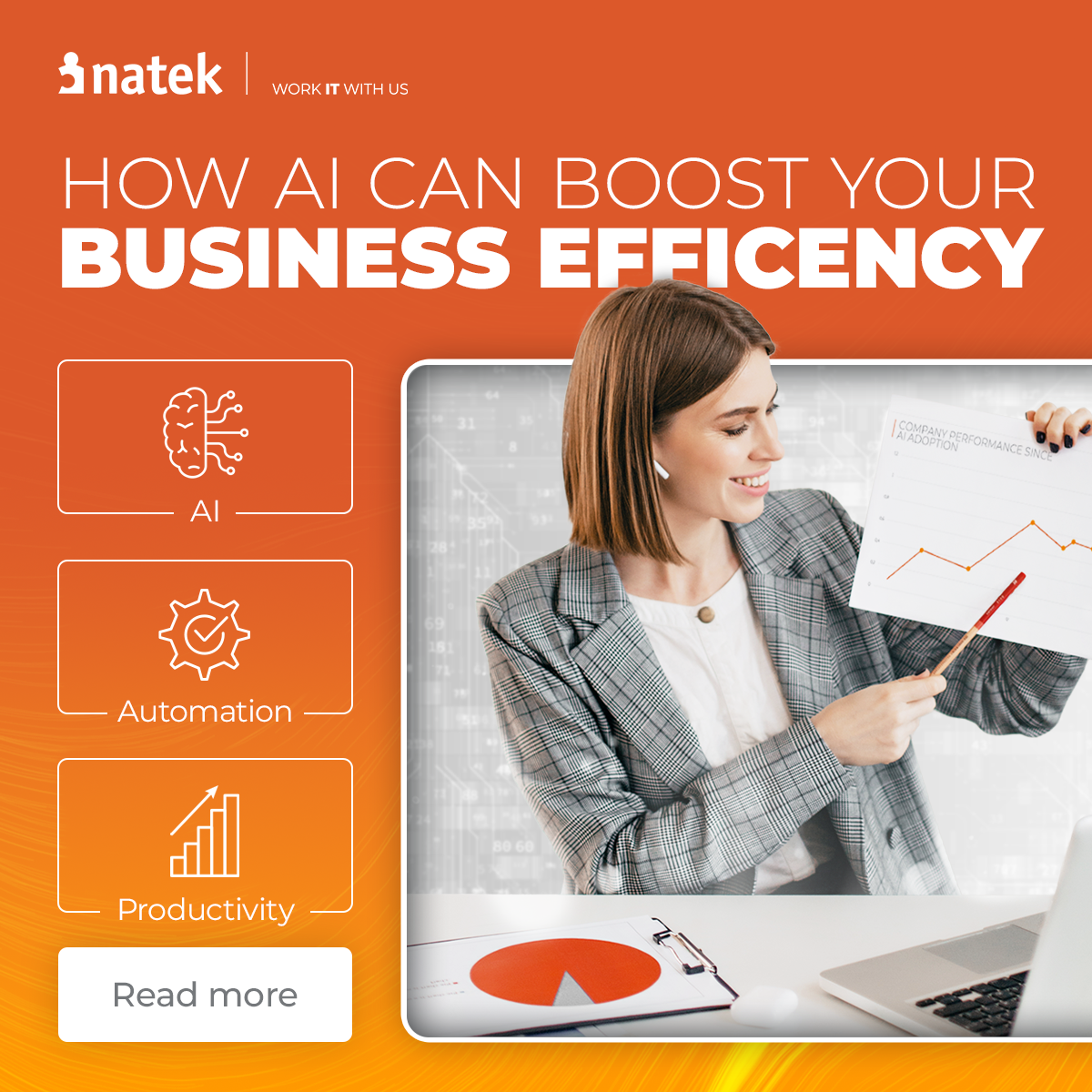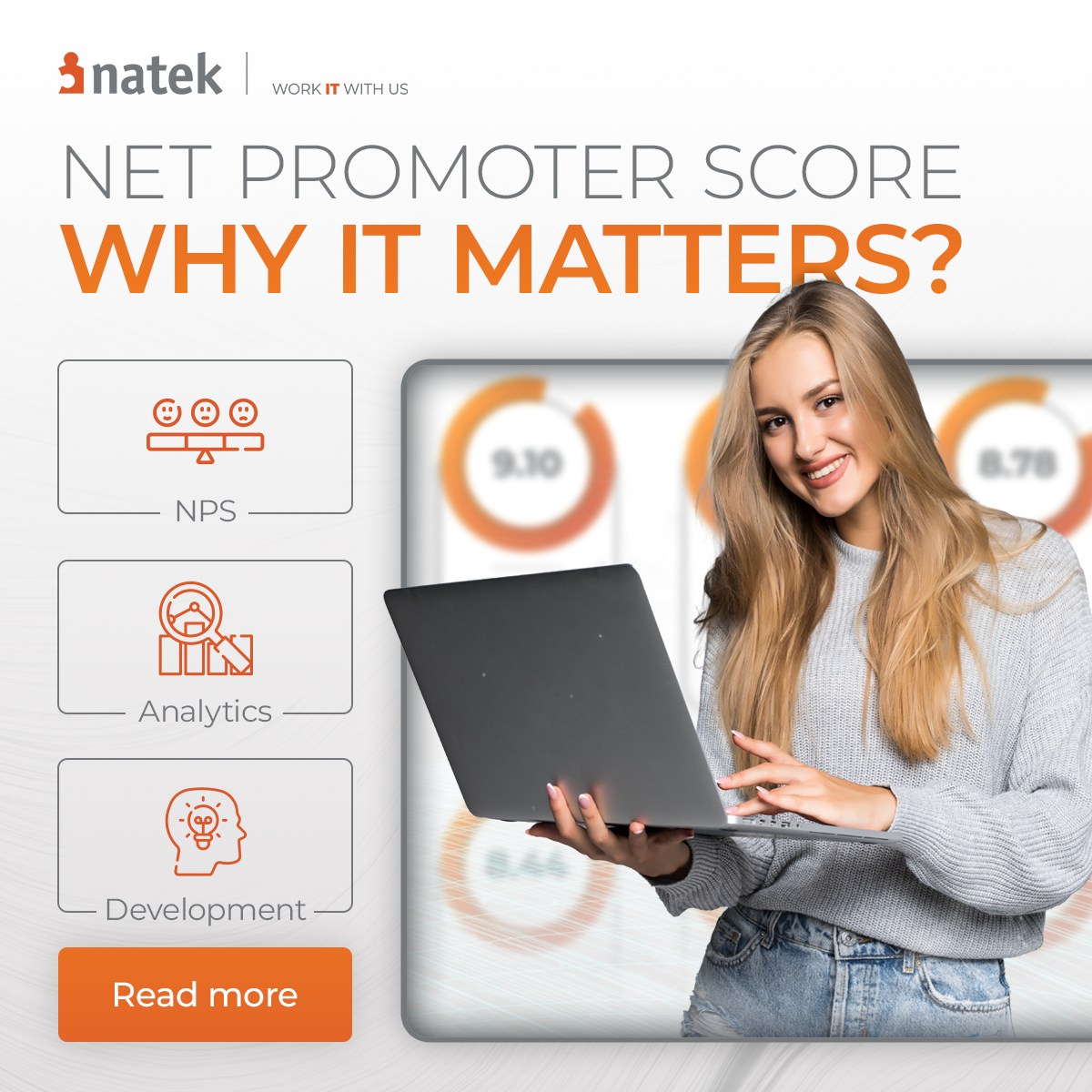Artificial intelligence is reshaping the way companies operate, offering powerful tools to boost efficiency, reduce costs, and drive sustainable growth. AI in business is transforming workflows, decision-making, and industry standards, with business leaders playing a crucial role in driving innovation. Across industries, AI is no longer a luxury. It’s becoming an essential part of business strategy. Digital transformation is accelerating as organizations leverage AI in business to modernize data management, infrastructure, and operations. From smarter demand forecasting and inventory management to real-time predictive maintenance and energy optimization, AI solutions rely on business data to optimize various business functions and help companies make faster, data-driven decisions and streamline complex processes. This article dives into the top ways AI is transforming business operations, showcasing real-world examples of how artificial intelligence is driving measurable improvements and unlocking new opportunities for growth.
Examples of AI use in business
Demand Forecasting & Inventory Optimization
One of the biggest challenges companies face is accurately predicting product demand. Traditional forecasting methods often miss the mark, causing costly overproduction or frustrating stockouts. AI changes the game by leveraging advanced time series forecasting techniques that analyze historical data and market trends to provide more precise demand predictions. By using predictive analytics and machine learning algorithms to analyze data, AI systems can deliver even more accurate demand forecasts. Additionally, using AI to automate repetitive tasks in demand forecasting and inventory management leads to greater efficiency. However, many businesses still underutilize these AI-driven tools due to the need for customized implementation tailored to their unique operations.
Environmental Monitoring & ESG Compliance
Sustainability is no longer optional. AI plays a crucial role in helping companies monitor their environmental impact by tracking emissions, waste, and energy consumption in real time. Effective environmental monitoring relies on comprehensive data collection and robust computer systems to support AI-driven analysis and reporting. However, building automated, accurate monitoring systems requires the integration of AI with Internet of Things (IoT) sensors across multiple facilities - a complex task demanding expertise across various disciplines. AI also enhances quality control by ensuring the accuracy and reliability of Environmental, Social, and Governance (ESG) compliance data. This integration not only supports companies in meeting ESG goals but also drives long-term operational efficiency.
Predictive Maintenance & Equipment Failure Prevention
Unexpected equipment failures can halt entire production lines, resulting in expensive downtime. Instead of relying on reactive maintenance, companies are adopting AI-powered predictive maintenance models, including advanced deep learning models, that analyze sensor data to forecast equipment failures before they happen. These models help companies manage risk and conduct risk assessment by identifying potential issues early, allowing them to prevent costly equipment failures. Similar AI techniques are also widely used in fraud detection across industries such as finance and cybersecurity. Despite the clear benefits, many firms struggle to deploy scalable AI solutions fully integrated into their existing systems, limiting their ability to avoid costly interruptions.
Energy Efficiency & Sustainability
Optimizing energy use is another key area where AI delivers value. Smart factories generate massive amounts of data across thousands of variables, from machinery operations to environmental conditions. AI models sift through this complexity to identify patterns and suggest energy-saving measures, reducing costs while supporting sustainability initiatives. By optimizing the manufacturing process, AI helps improve operational efficiency and save money through targeted energy-saving strategies. This requires sophisticated data engineering and machine learning capabilities to be truly effective.
Integrating AI into Legacy Systems
Finally, many companies face the daunting challenge of embedding AI within fragmented and aging IT infrastructures. Systems like ERP, MES, and SCADA often operate in silos, making seamless AI integration difficult. Robust computer systems are essential to support advanced AI technologies, ensuring the infrastructure can handle the large volumes of data required for automation and decision-making. Companies are increasingly integrating key AI technologies such as computer vision into these legacy systems to enhance automation, quality control, and safety. Business functions like supply chain also benefit significantly from AI integration, improving logistics, forecasting, and operational efficiency. Successful implementation requires custom development in programming languages such as Java and Python, alongside specialized machine learning pipelines, to unlock the full potential of AI-driven insights across the business.
Practical use of AI in business - Five Customer Success Stories
To illustrate the transformative power of AI for businesses, we’ve compiled five compelling case studies from our Customers across various industries. Business AI, including advanced AI agents and AI algorithms, is driving these transformations across industries by automating complex tasks, improving workflows, and enabling real-time decision-making. From optimizing supply chains to reducing energy consumption and preventing costly downtime, these examples demonstrate practical applications of artificial intelligence driving measurable results. Let’s explore how NATEK, using our Staff Augmentation model, tailored solutions have helped these organizations overcome complex problems and unlock new opportunities.
NATEK Case Study 1: Laying the Foundations for Responsible AI Adoption

A company exploring AI adoption prioritized safety, quality, and compliance by establishing robust governance frameworks before rolling out new tools. Legal professionals were involved to ensure that AI governance aligned with regulatory standards. Balancing human intelligence and AI was essential to ensure responsible artificial intelligence adoption, leveraging the strengths of both for effective oversight and automation. The challenge was the absence of clear AI validation processes and potential risks to data security and regulatory compliance. Our team collaborated with the Quality department to define AI governance policies, build validation workflows, and align data safety measures with standards such as GDPR and HIPAA. This proactive approach by the NATEK team positioned our customer to adopt AI responsibly and in full compliance, while also uncovering valuable opportunities for future AI-driven initiatives.
NATEK Case Study 2: Enhancing Content Analytics with NLP and Machine Learning

In partnership with a technology firm, we helped advance their Content Analytics platform by implementing sophisticated Natural Language Processing (NLP) and machine learning models. Our Consultants developed annotation pipelines and text classification systems, while creating interactive dashboards that translate complex analytics into actionable insights for non-technical teams. The solution leverages Python, TensorFlow, and cloud platforms like AWS and Azure to process large-scale text data efficiently and at scale. By utilizing NLP, the platform can analyze unstructured data such as text and voice, enabling deeper insights. Key applications include sentiment analysis to understand customer emotions and feedback, and applying these insights to optimize marketing campaigns for improved engagement and strategy.
NATEK Case Study 3: Building Next-Gen Machine Learning and Generative AI Solutions

Supporting our tech Customer, NATEK Senior AI Engineers contributed to the development of cutting-edge generative AI and machine learning systems. By integrating Large Language Models (LLMs) such as OpenAI and Claude, and using advanced techniques like Retrieval-Augmented Generation and Chain-of-Thought prompting, the Team enabled a broad range of AI applications, including the development of virtual assistants as key generative AI tools. These solutions not only ensured security and scalability aligned with agile delivery cycles but also positioned the Client to capitalize on future trends in AI development and adoption. This project highlights the critical role of specialized expertise in pushing the frontier of AI innovation.
NATEK Case Study 4: AI Chatbot for Automated Jira Ticketing

Our Client sought to automate internal support ticket creation using an AI-powered chatbot integrated within Microsoft Teams and Jira. Built with Microsoft Copilot Studio and leveraging Jira’s REST API, the chatbot collects issue details, automatically generates tickets, and supports basic ticket management. By automating repetitive tasks and reducing manual tasks such as routine data entry, the chatbot streamlines workflows for the support team. It also handles routine inquiries, allowing customer service agents to focus on more complex issues. This solution reduced manual data entry, standardized reporting, and significantly boosted support team productivity through seamless Microsoft 365 authentication and workflow automation.
NATEK Case Study 5: Securing OpenAI Integrations in a Regulated Financial Environment

In the highly regulated banking sector, our cybersecurity architect designed a secure framework for integrating OpenAI’s Large Language Models like ChatGPT. The project included risk assessments, technical controls for API access, and compliance alignment with data protection standards. Special attention was given to securing customer data, ensuring that sensitive information remains protected throughout all AI-driven processes. By collaborating closely with the Client’s IT security and compliance teams, we enabled safe AI-driven innovation - empowering intelligent automation and data analysis, including the analysis of customer behavior and user behavior, while maintaining strict regulatory adherence. This secure integration also supports business areas such as supply chain management, where AI can optimize operations without compromising compliance.
How tailored AI tools can benefit your company?
From establishing responsible AI governance to deploying advanced machine learning models at scale, companies that embrace AI gain a competitive edge through increased efficiency, smarter decision-making, and enhanced innovation.
If your company is ready to harness the power of artificial intelligence but needs expert guidance to navigate the complexities, NATEK Team is here to help. With over 20 years of experience in delivering tailored IT solutions, we’re committed to driving meaningful results for your business. Do not hesitate to contact our NATEK Sales Prospection Team Lead Andrzej Osman at andrzej.osman@natek.eu or go fill out our Contact form to begin our cooperation and #growITwithus!



